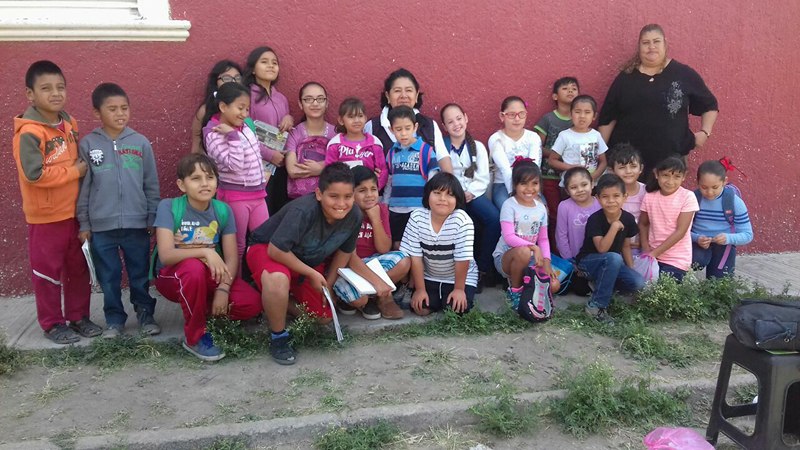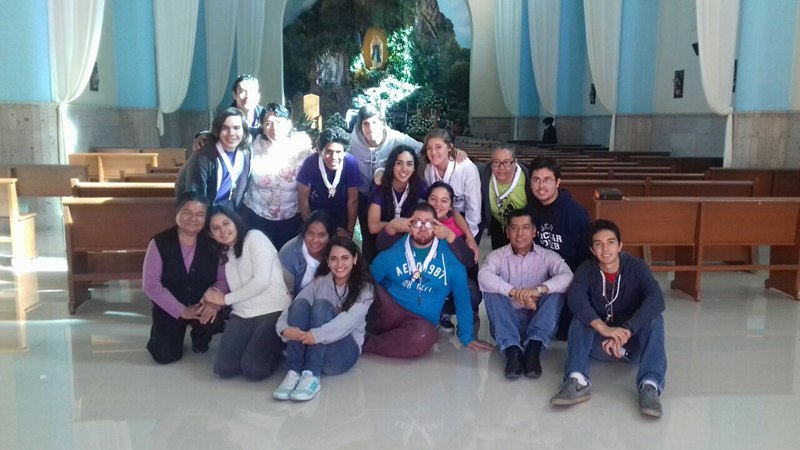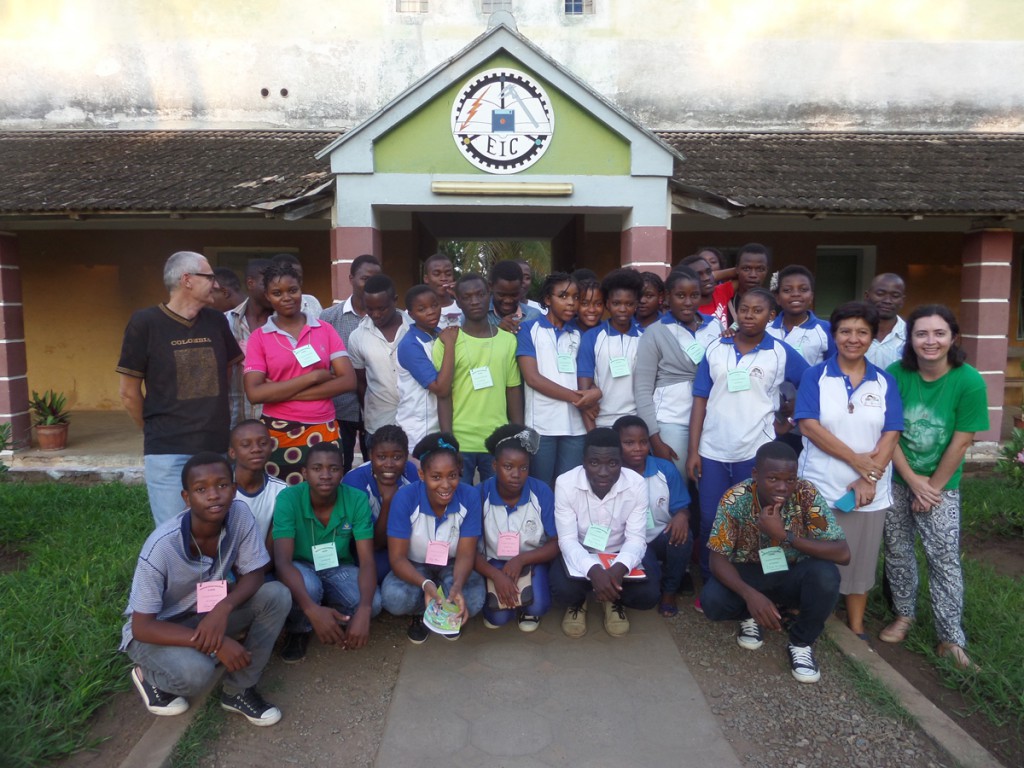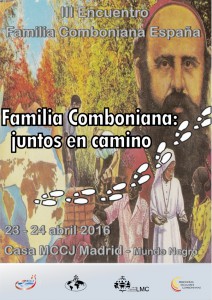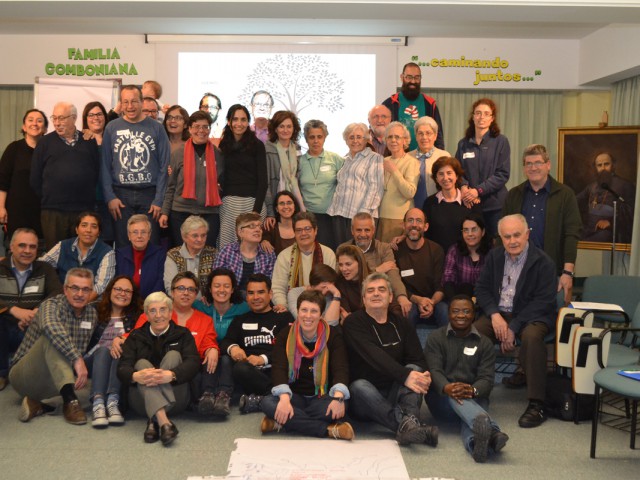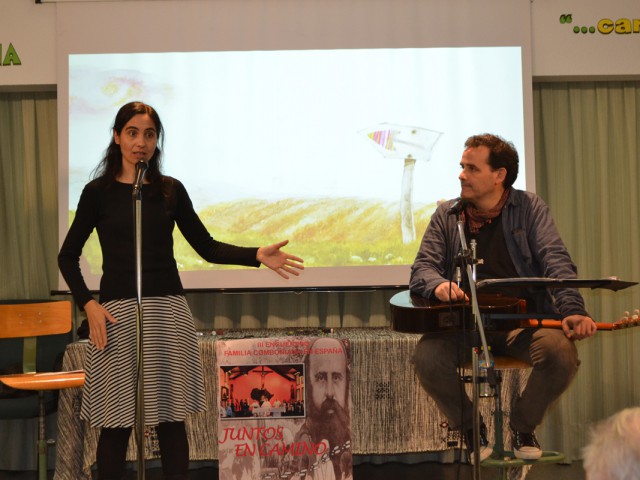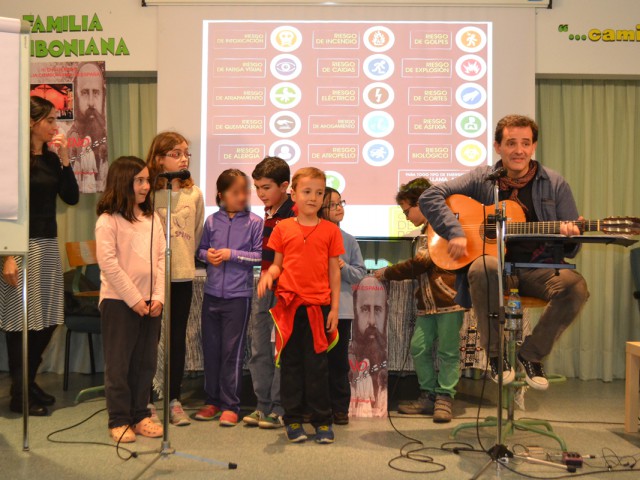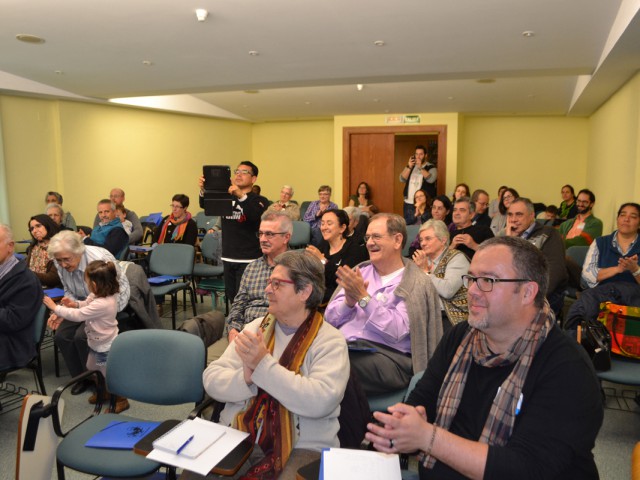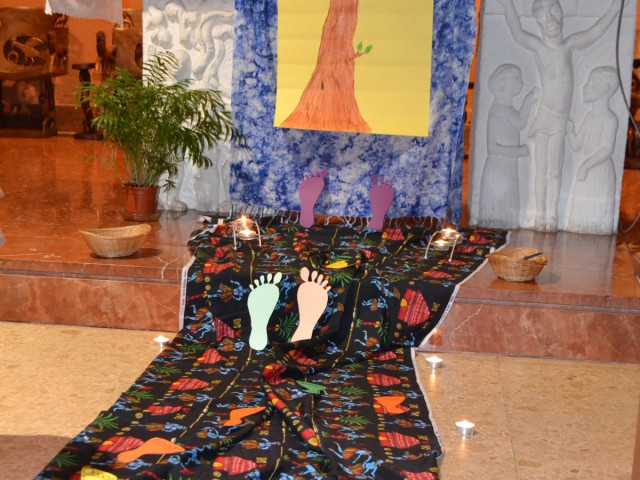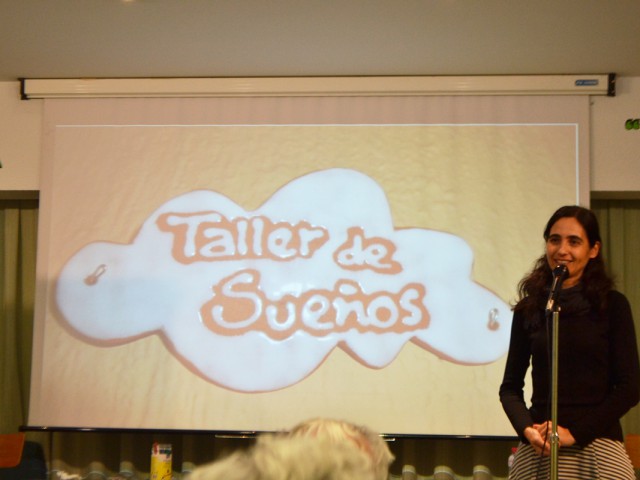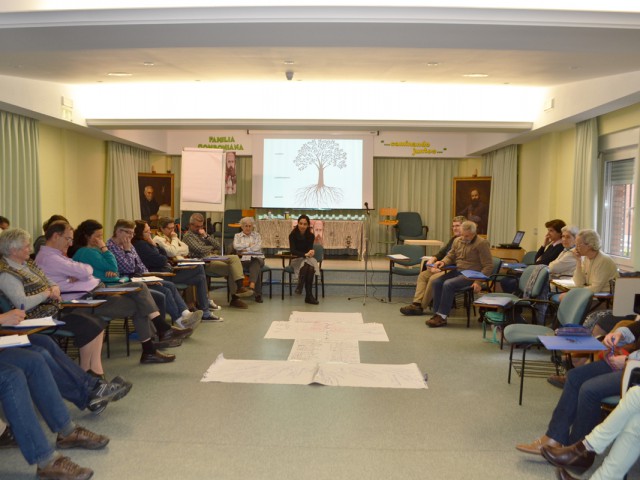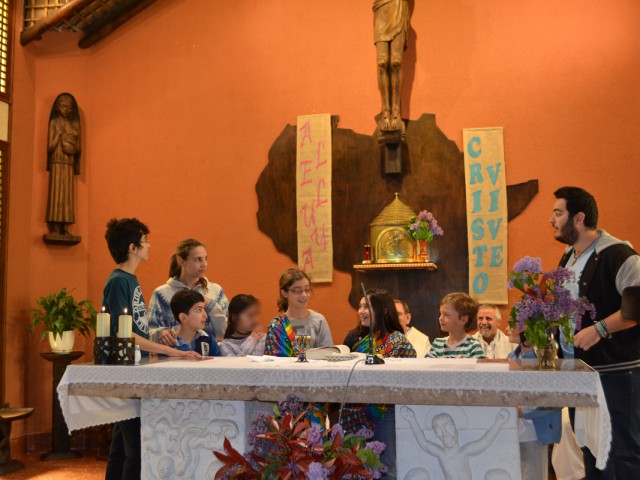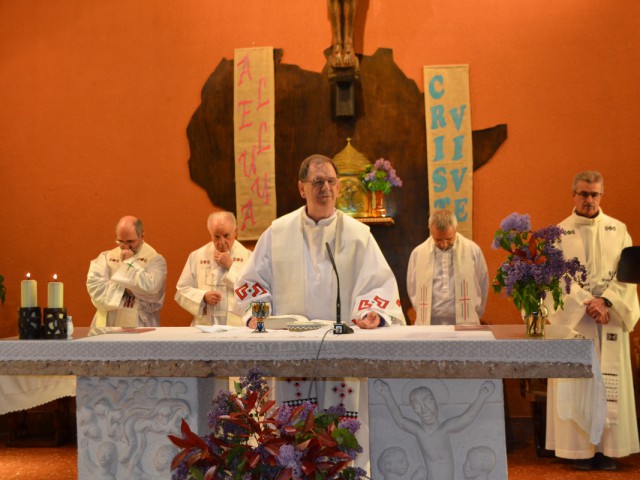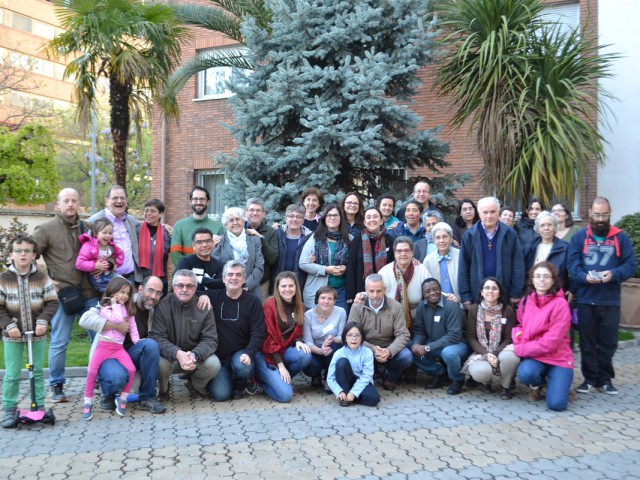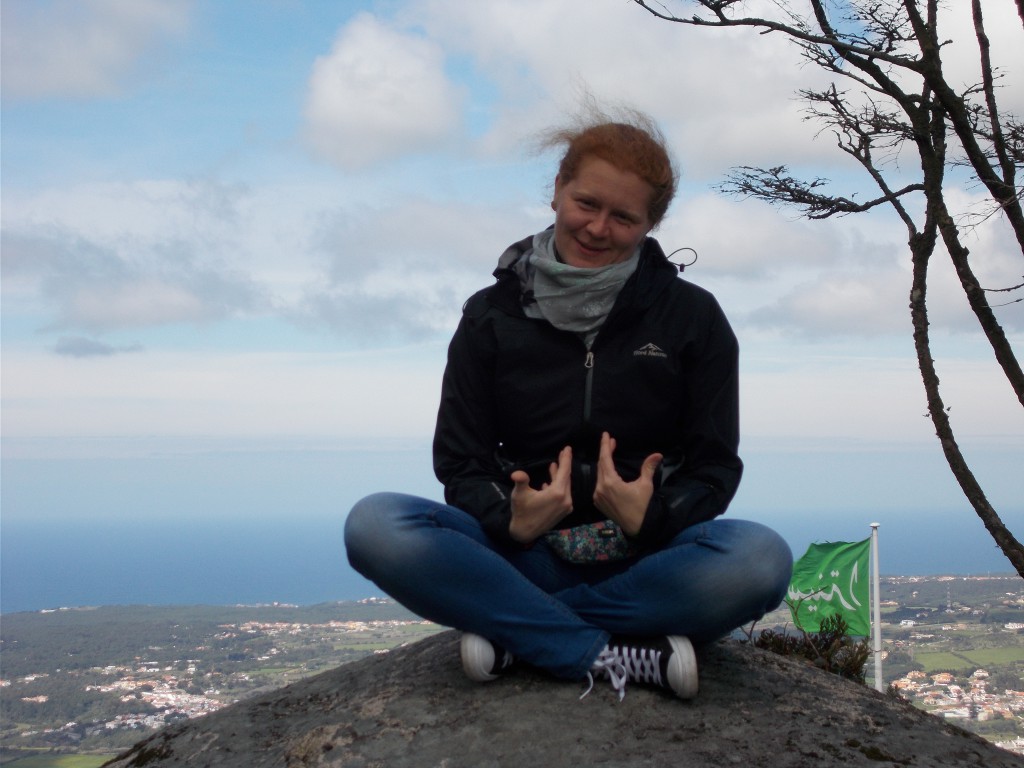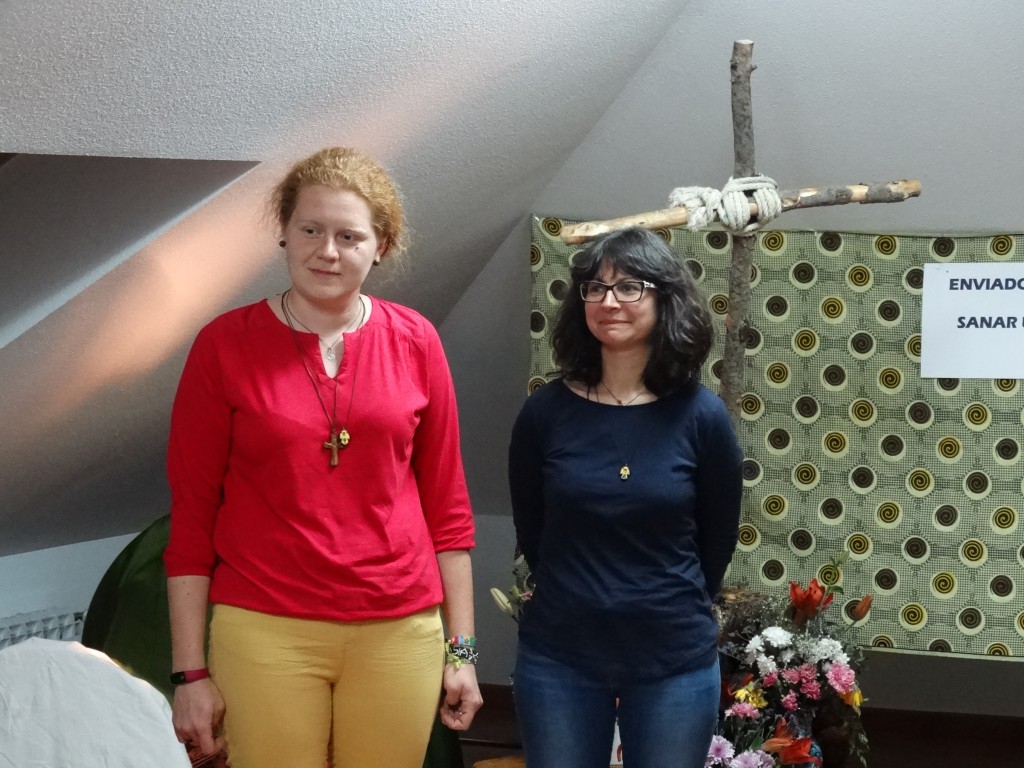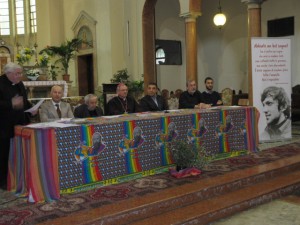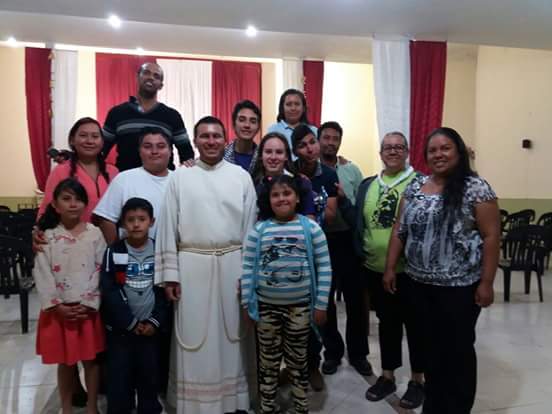 We confirm that God is tenderness and mercy and that young people are very committed to the suffering people.
We confirm that God is tenderness and mercy and that young people are very committed to the suffering people.
The CLM group of Guadalajara attended the invitation of the fathers Gustavo Covarrubias and David Tena, to attend the 2016 mission field in Tala Jalisco. We joined the “exodus” youth group. The preparation was carried out a few weeks earlier through readings and a spiritual retreat during which we agreed with the youth and the fathers the work program. We recognize the good logistics because we gave us schedules, materials and rosaries blessed to be offered to the sick; as well as instructions in case anyone wanted to confess, receive communion and extreme unction.
During Holy Week, during the mornings we attend individually to a catechetical center to support catechists in exposing the central theme of the week that was Mercy, we make dynamics and tasks with children. By midmorning, we split into teams of 6 or 7 people to go to the hospital, nursing home or prison respectively.
We visited patients in bed in the hospital, we prayed and sang. Sick appreciated our presence, some shared with us about their illness and the relationship with their family. At first, the enthusiastic young wanted to do acts of magic and clowns dressed but it could not be, still made it feel a very lively atmosphere. We spent even more than an hour with a patient who did not want to let us go. We took letters of encouragement to the sick and congratulations to the moms who had just had her baby.
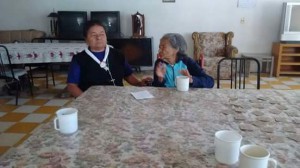 In the asylum, similarly, we greeted everybody, meet the elders, we prayed with them, and make dynamics to meet each other, read the Bible, or played board games like the lottery. People had a lot of openness and trust to share their sorrows, their joys and what they were experiencing. The help of the Holy Spirit to enlighten us with words of love and peace was always noticed.
In the asylum, similarly, we greeted everybody, meet the elders, we prayed with them, and make dynamics to meet each other, read the Bible, or played board games like the lottery. People had a lot of openness and trust to share their sorrows, their joys and what they were experiencing. The help of the Holy Spirit to enlighten us with words of love and peace was always noticed.
In the prison, they only authorized us to visit a group of prisoners. With them, we made dynamics and reflections on scripture passages like the prodigal son, the crucifixion and death of Jesus. An activity was to read the letter that the dam from Cd. Juarez addressed to Pope Francis. Some received the sacrament of confession and Father David celebrated the Eucharist. After the visit, we ate something with them to promote coexistence. You could tell that our presence cheered them, gave them hope and desire to move forward.
In the evenings, families of people greeted us at home to feed us, always giving us the best they had. After lunch, we moved to the chapel corresponding us in groups of three or four to give talks to young people and adults about the Easter Triduum and the Mercy of God, during which there was very good participation.
Each of us participated in the activities of the Easter Triduum in the different chapels; just a few met on Friday while participating in the way of the Cross at the parish center.
This experience was very nice, to known healthy young people with supportive ideas and expressing great tenderness. We also believe that they were happy to share with us and with all the work we did. We adapt to teamwork and we could see their responsibility in the way they work, they were very active and attentive, shared their joy, dancing, singing and shouting. We keep the sweetness of knowing that if they persevered with that dedication and love, will get very far in the love of God and his brothers.




